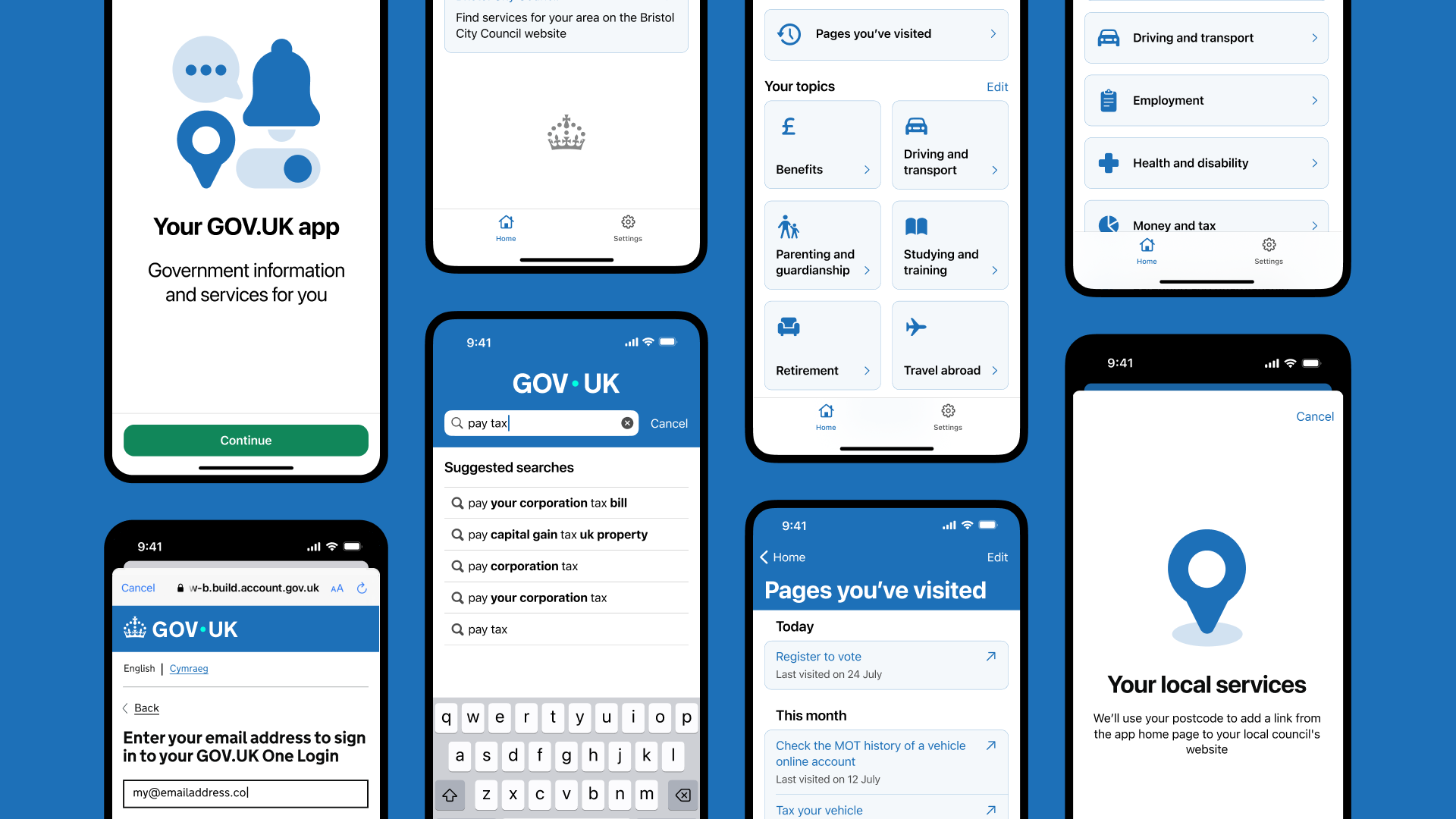Nadira Hussain says local government IT can achieve better outcomes by using the analytical, negotiating and project management skills of women. Gill Hitchcock reports.
“It’s been a phenomenal year. Really, really positive,” enthuses Nadira Hussain as her term as president of Socitm, the representative body for public ICT professionals, closes and she hands over the reins to Geoff Connell.
At the outset, Hussain, head of ICT at the London borough of Tower Hamlets, promised that during her presidency she would focus on promoting women in ICT, in both the public and private sectors. Her belief is that Socitm is a great platform for creating a network to drive the contributions of women.
Certainly, there is a visible absence of women in technology-related roles at all levels. According to a survey by CIO.com, while women make up 57% of the overall workforce, in the technology sector that number drops to just 25%. And at CIO level, the figure falls further to just 20%.
There is obviously a huge equalities issue here, but else why does it matter? “The value you get out of a diverse workforce has been proven – management teams and workforces are far more effective if there is a well-rounded, well-balanced approach to delivery from those involved,” Hussain says.
“This is not just about kit and wires, but managing people’s expectations, prioritising corporate plans, and enabling technology and processes to deliver better outcomes. And fundamentally what has been missing in delivering services in local government is [that desire to] turn things on their head completely, and say ‘what is it our customers require of us and how are we going to achieve that in a more joined-up, collaborative way?’
“And women are skilled in relationship management, stakeholder management, project management and business analysis, as well as in facilitating some of the conversations that we need to have to deliver change. So I think we need to play a key part in changing business and delivery models, as we go forward.”
Of course there are exceptions to the male dominance – the Martha Lane Foxes of this world, or Chi Onwurah, the shadow minister responsible for digital technology. But Hussain thinks that the lack of awareness among school-age girls about the possibility of a career in IT is a huge barrier: “The perception is still very much that tech is about geeky men in darkened rooms in front of computer screens.”
Arguably, the most significant achievements of Hussain’s presidency have been setting up Socitm Women in IT, and the developments that have grown from that. The group was launched in September 2015 to increase the participation of women in the society’s decision-making, and to gain insights about the barriers that prevent women joining IT and progressing their careers.
Among its longer-term aims is to work with young women at the point where they are considering career options and to support them into IT roles. Technology is not a “sexy topic” for a lot of girls, says Hussain, who has devoted a great deal of time during the past year talking to a range of audiences, particularly school age girls, and highlighting the positives of an IT career.
Hussain says there was a “demonstrable increase” in the number of female participants at this year’s Socitm spring conference in April. “There was an enthusiasm and an energy that probably exceeded the conferences we’ve had in the past. And there were lots of women from the leadership programme and who were going to attend the graduation ceremony in the evening at the president’s dinner.”
The leadership programme – workshops, coaching, mentoring and group projects for women who work in a digital environment, predominantly in the public sector but also from private companies – sprang from Socitm Women in IT. And Hussain is thankful to the society: “I got the support that I needed from Socitm to get something like this off the ground. It has been well-received and the 25 or so women who went through the leadership programme feel more positive, confident, empowered and are good advocates for the programme itself.”
She has been looking beyond Socitm to work with groups in other organisations, such as the BSCWomen, part of the Chartered Institute for IT, and to create a “super group” to collaborate and improve the influence of women in the technology sector.
There will be little let up for Hussain, despite the end of her high-profile role with Socitm. Of course she has her day job at Tower Hamlets, plus at the end of May she will complete a diploma in digital business leadership. And she will continue to champion women in IT, partly in conjunction with her successor Geoff Connell.
Hussain says that Connell is keen to look at how the local government digital sector can attract young talent and wants to improve opportunities for apprenticeships. “And we are positive that we can work together to ensure that Socitm is far more reflective of the community,” she says.
She laments that boys and girls are channelled into stereotypical behaviour from a very young age, adding: “We have got to say to girls, ‘it’s fine for you to play with robots’. And we do know that children now are far more conversant with technology. It’s just taking that a little bit further.”



